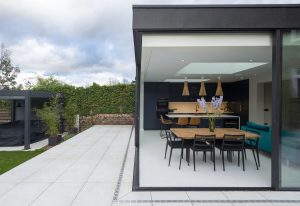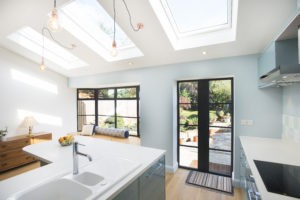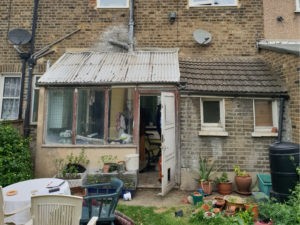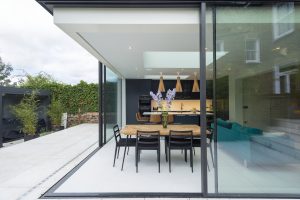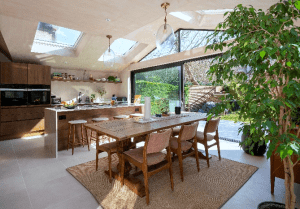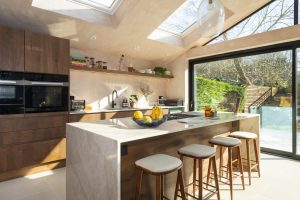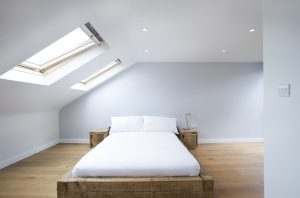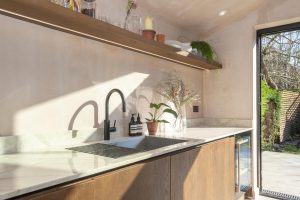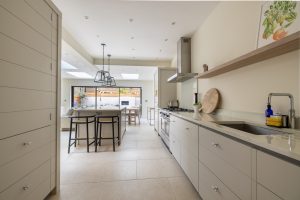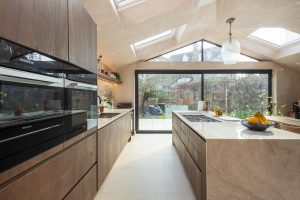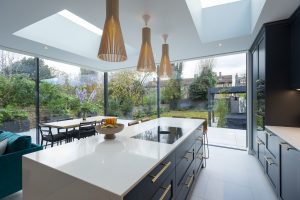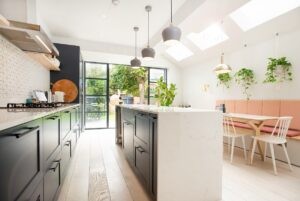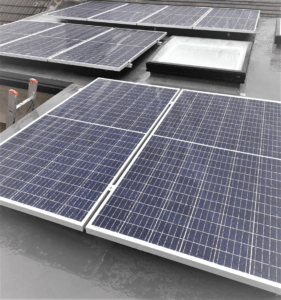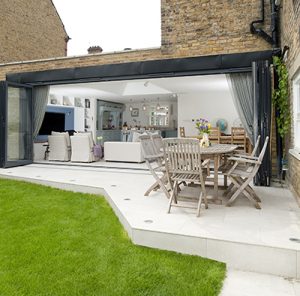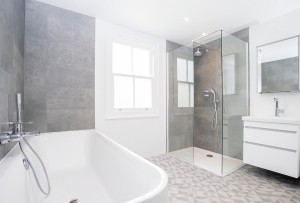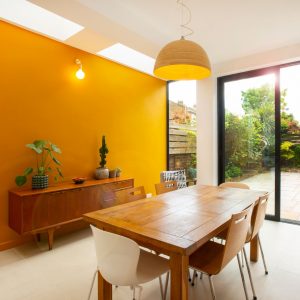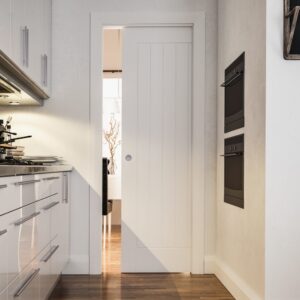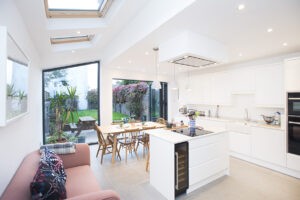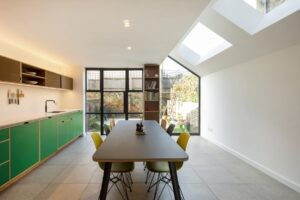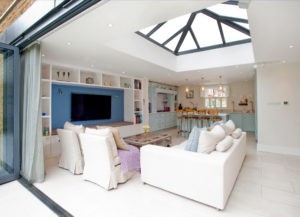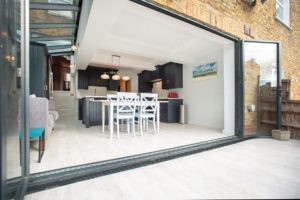Upgrading your kitchen can be one of the most exciting parts of home renovation project. As the heart of the home, the kitchen is often considered the most sociable room, where meals are prepared, families gather and the most time is spent. However, transforming this essential space is no small feat. It requires careful planning, a clear vision and significant investment of time and money. To help set realistic expectations and ensure a smoother renovation, here are some key things to consider before you start.
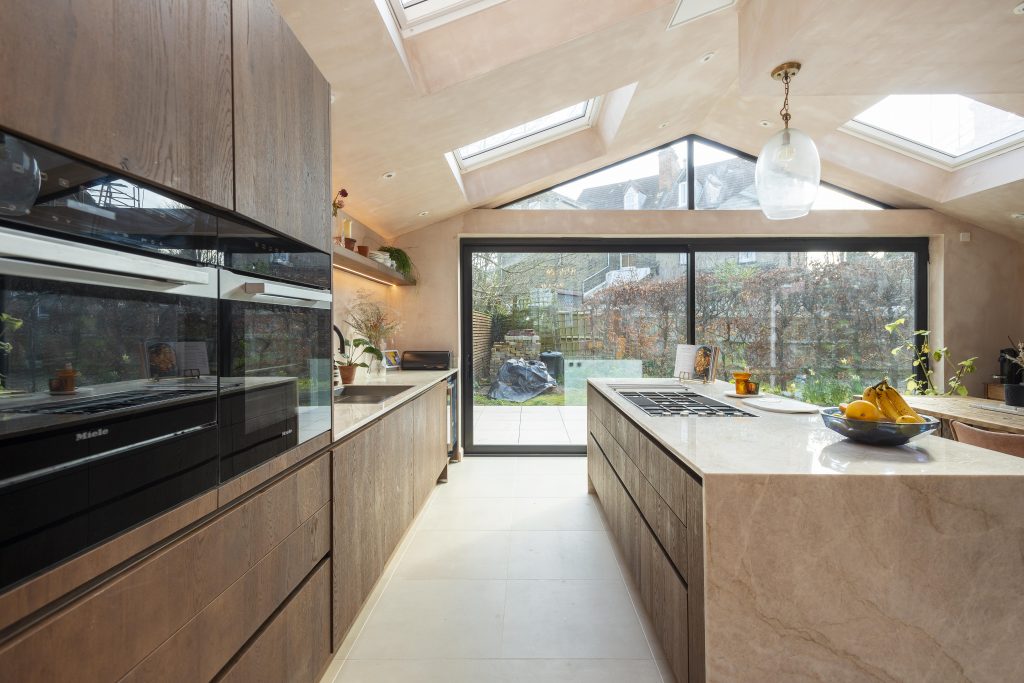
Set a Realistic Budget
One of the first and most important aspects of any renovation is setting a cohesive and realistic budget. The cost of a kitchen remodel can vary widely depending on the scope of work, the materials chosen and whether or not structural changes are involved. Start by looking into the average kitchen renovation costs in your area and understanding the types of work you’re interested in doing.
When it comes to creating a budget, it’s important to prioritise your spending. Decide where to allocate funds and identify your big-ticket items, whether it’s high-end appliances, custom cabinetry or premium countertops. It is also crucial to include a contingency budget for unexpected costs, which are almost inevitable in any renovation project. Set aside at least 10-20% of your budget to cover any surprises.
Additionally, make sure to obtain multiple quotes from contractors to ensure you’re getting a fair price and a realistic understanding and breakdown of the costs involved.
Assess Your Needs and Lifestyle
Before diving into specifics like design and materials, it’s important to clearly define your goals for the renovation. Take the time to understand how you and your household use your kitchen and what you want from a new space.
Are you looking to create more storage? Do you need more counter space for cooking? Is an area for family gatherings or entertaining guests a priority? Having clear goals will not only keep you focused throughout the renovation process but will also guide your decisions to align with your vision.
Plan the Layout
The layout is one of the most critical aspects of a kitchen renovation. A well-designed layout enhances functionality, making cooking and entertaining easier and more enjoyable. A key principle to consider is the kitchen work triangle, which refers to the optimal placement of the cooker, fridge and sink. This layout helps you streamline your workflow in the kitchen.
You might also want to consider diving your kitchen into zones, such as prep, cooking, storage and entertainment to make the space more organised and user-friendly. Ensure there’s enough space for people to move around comfortably, especially in high-traffic areas. If you want a social kitchen, consider adding an island or breakfast bar where people can sit without being in the way.
Finally, think about your storage needs and how you can maximise space without sacrificing style. Custom cabinetry, pull-out shelves, deep drawers and pantry storage are all ways to keep your kitchen organised and clutter-free. Consider your storage needs based on your cooking habits and lifestyle. If you love to bake, for example, you might want extra storage for baking supplies and equipment. If you prefer a minimalist look, consider hidden storage options for a sleek and clean finish.
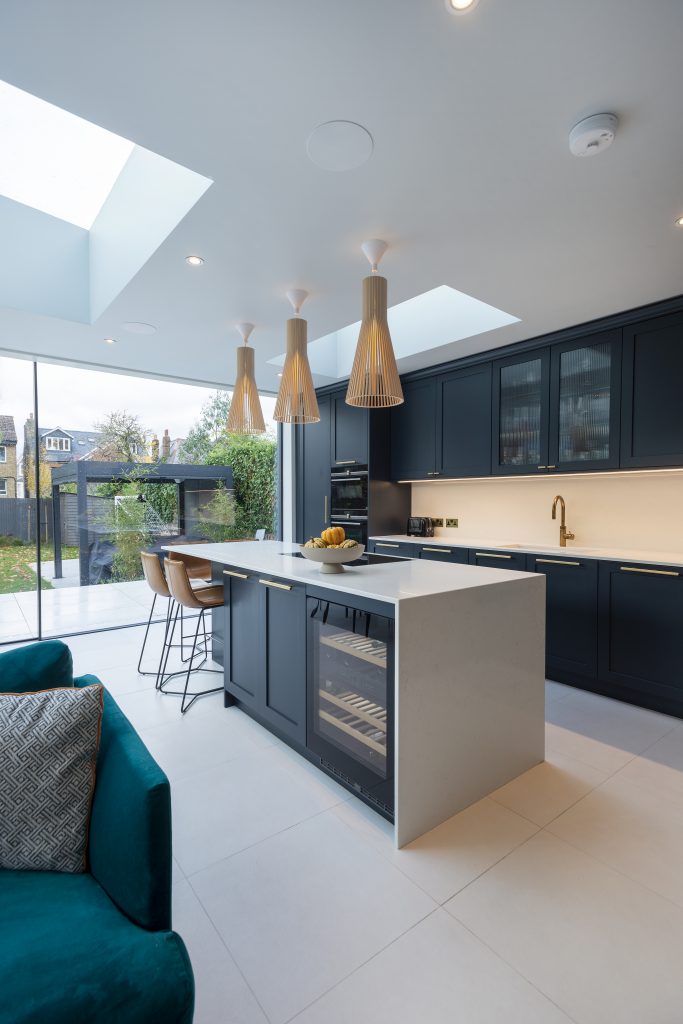
Choose Quality Materials
The materials you choose for your kitchen renovation will have a significant impact on both the look and durability of the space. Here are the key areas to focus on:
1- Countertops: Consider durability, maintenance and appearance when choosing a countertop material. Popular options include granite, quartz and marble. Granite and quartz are durable and resistant to heat and scratches, while marble offers a luxurious look but requires more maintenance.
2- Cabinets: Cabinetry is a significant investment in any kitchen renovation. Choose materials are durable and match your aesthetic. Solid wood is a classic choice but can be expensive. MDF or plywood offers more affordable alternatives that can be customised with various finishes.
3- Flooring: Your kitchen floor needs to withstand heavy foot traffic, spills and stains. Popular flooring options include tile, hardwood and vinyl. Tile is durable and easy to clean, while hardwood adds warmth and can be refinished.
4- Backsplash: The backsplash is an opportunity to add a design element that complements your countertops and cabinets. Materials like ceramic tile, glass and stone are popular choices that can be customised in various patterns and colours.
When selecting materials, think about the long-term maintenance and how they will hold up over time. Durability and ease of cleaning should play a big role in your decisions.
Consider Lighting
Lighting is a sometimes overlooked but crucial aspect to any kitchen renovation. Good lighting enhances the functionality of the space, highlights key areas and sets the overall mood. Consider incorporating a mix of ambient, task and accent lighting to create a balanced and versatile lighting scheme.
1- Ambient Lighting: This is the main source of light in the kitchen. It could be recessed lighting, pendant lights or a central ceiling fixture.
2- Task Lighting: Task lighting is essential for areas where you’ll be preparing food, such as countertops and the cooker. Under-cabinet lighting is a popular choice for providing direct light where you need it most.
3- Accent Lighting: Accent lighting highlights specific areas or features of the kitchen, like open shelving or a beautiful backsplash.
You may also want to consider energy-efficient lighting options like LED bulbs and choose lighting with adjustable brightness to create the right ambiance for different activities.
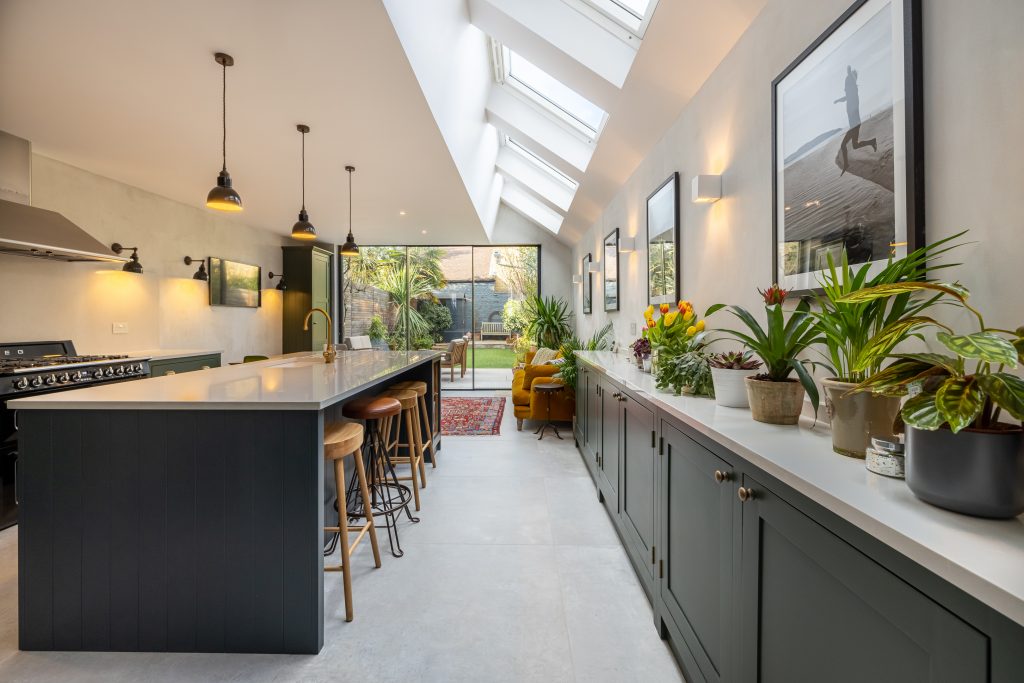
Ensure Proper Ventilation
Proper ventilation is essential to remove cooking odours, smoke and moisture from the kitchen, keeping the space fresh and preventing issues like dampness and mould. The most common option is a range hood, which extracts air from above the cooker. Alternatively, a downdraft system can pull air through a vent installed in the countertop, ideal if space is limited or a range hood doesn’t fit your design.
Energy Efficiency
Energy efficiency is hugely important in home renovation for both environmental and financial reasons. An energy-efficient kitchen not only lowers your utility bills also increases the long-term value of your home. This is an area that you may want to invest more of your budget to yield the best outcome in the future.
There are several ways to improve efficiency in your kitchen renovation. Incorporate high-quality insulation, energy-efficient windows and sustainable building materials to minimise heat loss and reduce energy consumption. Consider installing renewable energy systems like solar panels or heat pumps and remember to upgrade your boiler if it’s outdated or you’re adding significant square footage to your home.
A kitchen renovation is a significant investment that can dramatically improve both the functionality and aesthetic of your home. By taking time to consider the key elements like budget, layout, materials and future needs, you can create a kitchen that not only meets your current demands but that adds lasting value to your property and stands the test of time.


